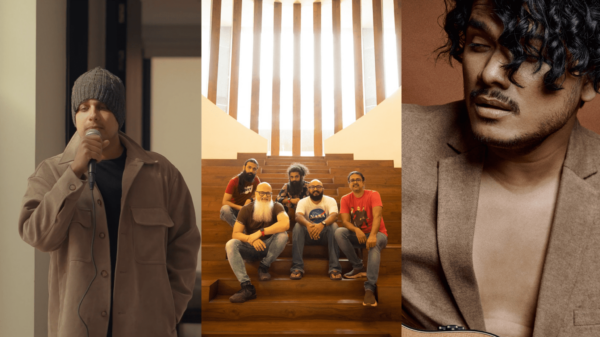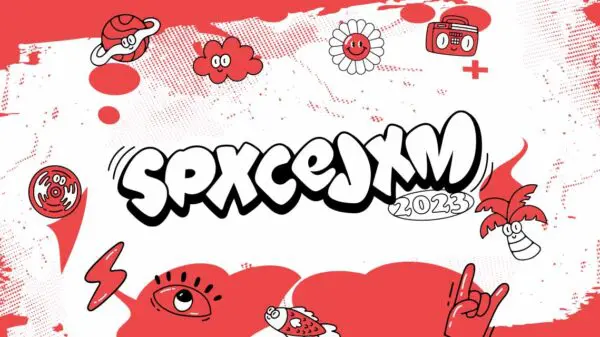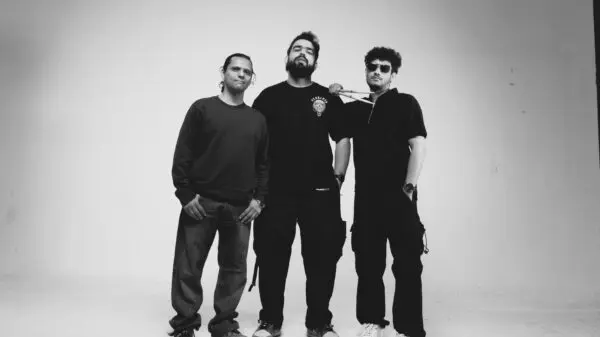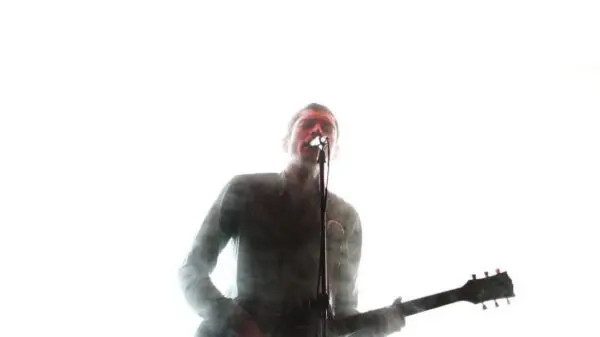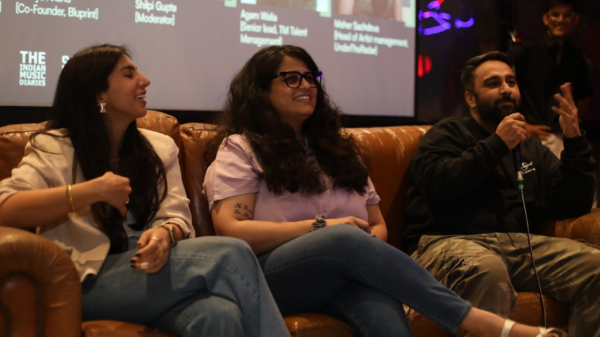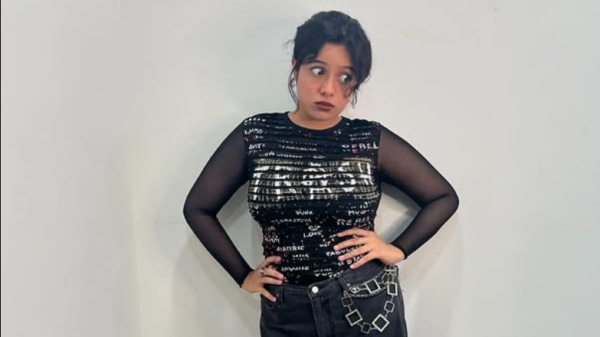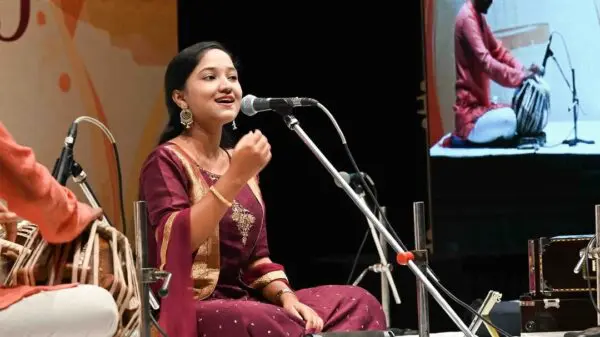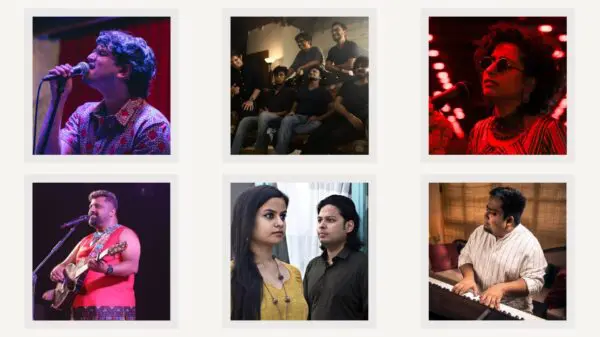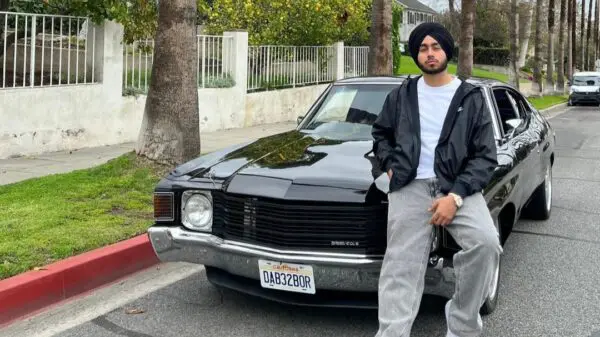Retrospective albums are somewhat of an oddity in music. While veterans in the scene understandably feel comfortable looking back, those with youth in their step find reminiscence an anathema, as if a momentary look back would mean a backward look; would mean that their careers would forever be etched with the libellous tag of looking at the rearview mirror while still being in the parking lot.
Standing at the fag end of 2023—when this review is being written—Dot. is a musician whose stint as an actor in the Bollywood film The Archies (on whose soundtrack she contributes) often, unfairly, precedes her far more persistent career as an independent musician whose loyal listenership on YouTube stands testament to her craft. At this very important temporal juncture, Dot. decides to release Practice Rooms, her first LP-length album. As aforementioned, Dot. is no stranger to the Indian independent music scene; apart from her videos, her streaming arsenal is peppered with singles and the 2021 EP album, Khamotion. Given this sprawling context, to release her first LP-length album as a retrospective—a compilation of demos that have not hitherto seen themselves as official releases—on the heels of an atypical artistic venture (independent musician and Bollywood actor is a combination hardly heard of) is either an act of daring that deserves its own share of accolades for the courage alone, or an act of privileged impulse that can safely count on the “legitimation” that the Bollywood limelight has indubitably haloed her in.

To talk of any art on a level of pure craft is a fallaciously trite conversation as it ignores important socio-cultural context as aforementioned; however, if the fallacy is entertained for a while, Dot.’s album is as close to songwriting genius as it gets. The completely piano-backed album is genius on levels more than one, with Dot. bringing a sonic landscape, which apart from the difference in thematic gravitas, is oddly reminiscent—if the comparison slights neither—of Perfume Genius’ Learning. Dot. opens the album with “Everybody Dances to Techno”, which takes ardent fans of the songwriter six years back to that YouTube video of the song in question which launched her into relative virality. Nimble and gay, it is a song about how she likes “to sway”. Confident in her solitude being “nobody’s missus”, she dances in a world where in contrast to the mainstream thrall of Techno, she is content with “Bolero (sic)”, presumably alluding to Maurice Ravel’s work. With “Asymmetrical”, Dot. takes the listener back to her younger self that, in her words, “wrote these songs when I was in college in Wales”; the lyrics talk of teenage self-doubt, as she wonders if she is “still beautiful” to one “Mrs. Pearson”, her high school psychology teacher, whose name is mnemonically charged with a reference to Perfume Genius’ heartbreaking “Mr. Peterson”.
At the risk of sounding like a broken record, the comparison to Learning must be drawn one last time to trace the key tonal difference: both albums centralise the piano to incredible effects, but while Michael Hadreas (Perfume Genius) uses the instrument to chart the absolute pith of his personal pain, Aditi Saigal (Dot.) keeps a neat balance between solitude and sunshine. There is no bathos in her pathos however, and she hardly attempts to arouse anyone’s pity; the balance self-consciously precludes the listener from settling into any particular emotion, which is no mean feat considering the instrumental monolithism, betraying the tremendous range Dot. is capable of bringing out of the piano. Right after the lush and monsoony cheer of “Alaw”, “Normal Things” slows the pace of the album; a ballad from a lovelorn Dot., it paints her memory as a treacherous friend when all her present experiences are tinged with thoughts of the (perhaps unreciprocative) beloved, thoughts that intrusively “swim in my mind”. The next song, “City Bird”, in itself sets a semantic balance with the lull of music and the hope borne by an address to the listener that all they need is themself to feel in tune with the ebullient effervescence of the world around. This interplay is alternative, as the listener realises that the intention behind the ordering of the tracks is precisely to maintain a dynamic equilibrium, as Dot.’s friendly facade is almost ubiquitous here; soon the familiarity exceeds itself with one of her more popular tunes, “Plasticine”, which is followed closely by the haunting imagery of “Reassure Me”, whose title betrays a plaintive surrender only heightened by the keys.
The album closes on an allegorical note of emancipation that is all too familiar in the kind of storytelling that Dot. aims to engage in: “Sunny Days” is a song of rebirth, regeneration; it sings of a Dot. weary of battle and yet victorious. Of course, what has not killed her has only made her stronger and it is a strength that derives from a sense of self-reliance, that a song like “Reassure Me” would testify, was hitherto amiss. Dot. sings along her own singsong, a singsong of a life that is made “Good” through conscious cognitive reorientation rather than waiting for it to present itself as merciful. This is, however, not merely wishful thinking or vapid positivity. If the album tries to convey anything beyond an honest documentation of the self, it is that where there is waltz, there is also woe. Life is lived in the inbetweens, and it is a lesson learnt when one is prepared, as Dot. is, to accept the chinks in the armour not as loci of vulnerability, but as chasms in which to plant the chrysanths of tomorrow.

